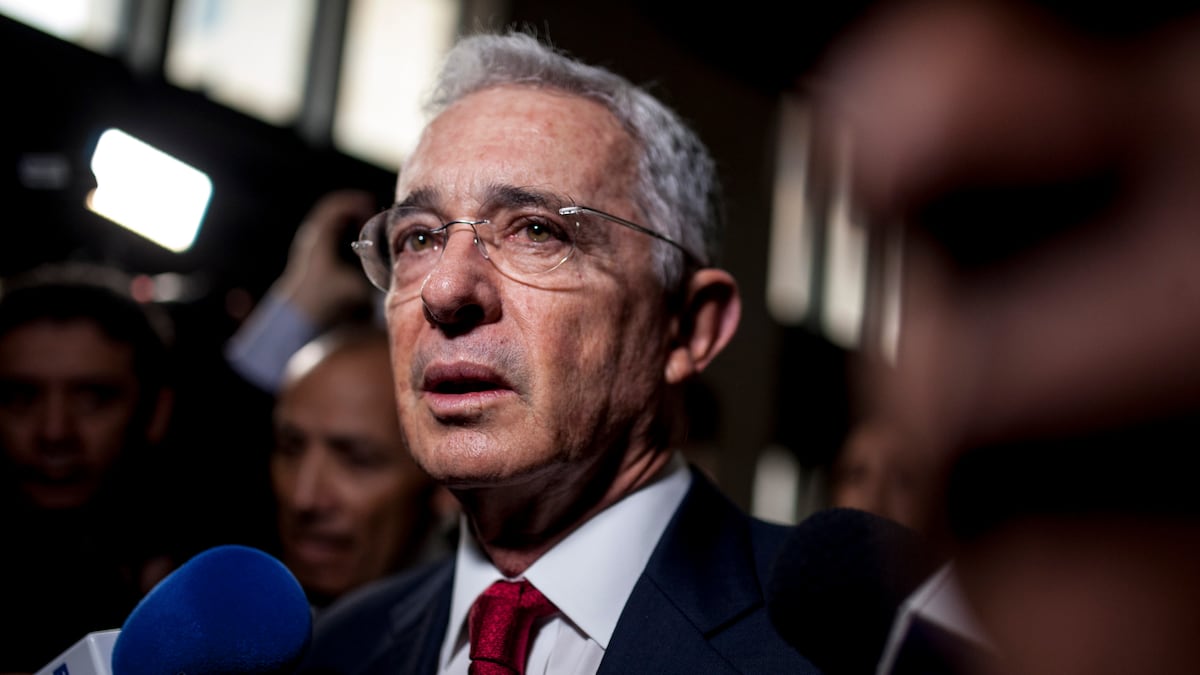
"The case for which former Colombian president Alvaro Uribe Velez, 73, was sentenced to 12 years in prison continues to shake the country. This past Monday, two magistrates from the Superior Court of Bogota annulled part of the ruling in which, two weeks earlier, a judge in the same city had determined that the founder of the Democratic Center political party was responsible for the crimes of bribery in judicial proceedings and procedural fraud."
"Tuesday's decision, another first-instance ruling that can be appealed or even reviewed by the Constitutional Court, occurs in a context familiar to Colombians: the debate over a tutela action, a legal procedure intended to safeguard fundamental rights in cases where there is no other effective way to protect them. Uribe's defense, led by criminal lawyer Jaime Granados, chose this fast, simple, and very popular route in 2024, more than 950,000 tutelas were filed to secure Uribe's release."
Former Colombian president Alvaro Uribe Velez was sentenced to 12 years for bribery in judicial proceedings and procedural fraud. Two magistrates from the Superior Court of Bogota annulled part of the ruling after finding that Judge Sandra Heredia violated his fundamental rights by ordering immediate incarceration without awaiting a second-instance review. The magistrates said such immediate enforcement is normally reserved for exceptional cases, bolstering claims that the judge acted with political motivations and lacked impartiality. Uribe's defense, led by Jaime Granados, filed tutela petitions—a fast legal mechanism used extensively in 2024—to seek his release. Tuesday's first-instance decision can be appealed or reviewed by the Constitutional Court.
Read at english.elpais.com
Unable to calculate read time
Collection
[
|
...
]